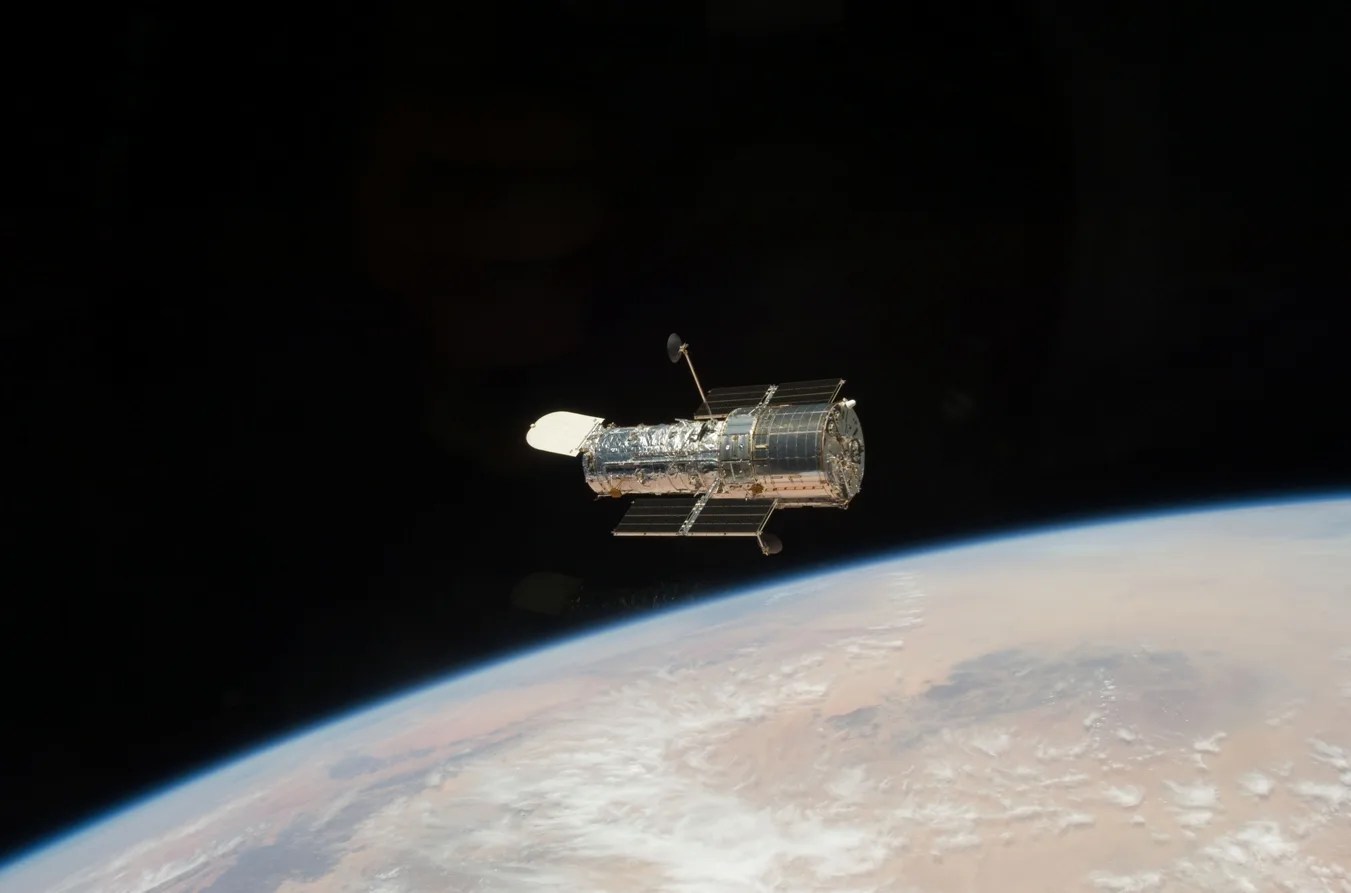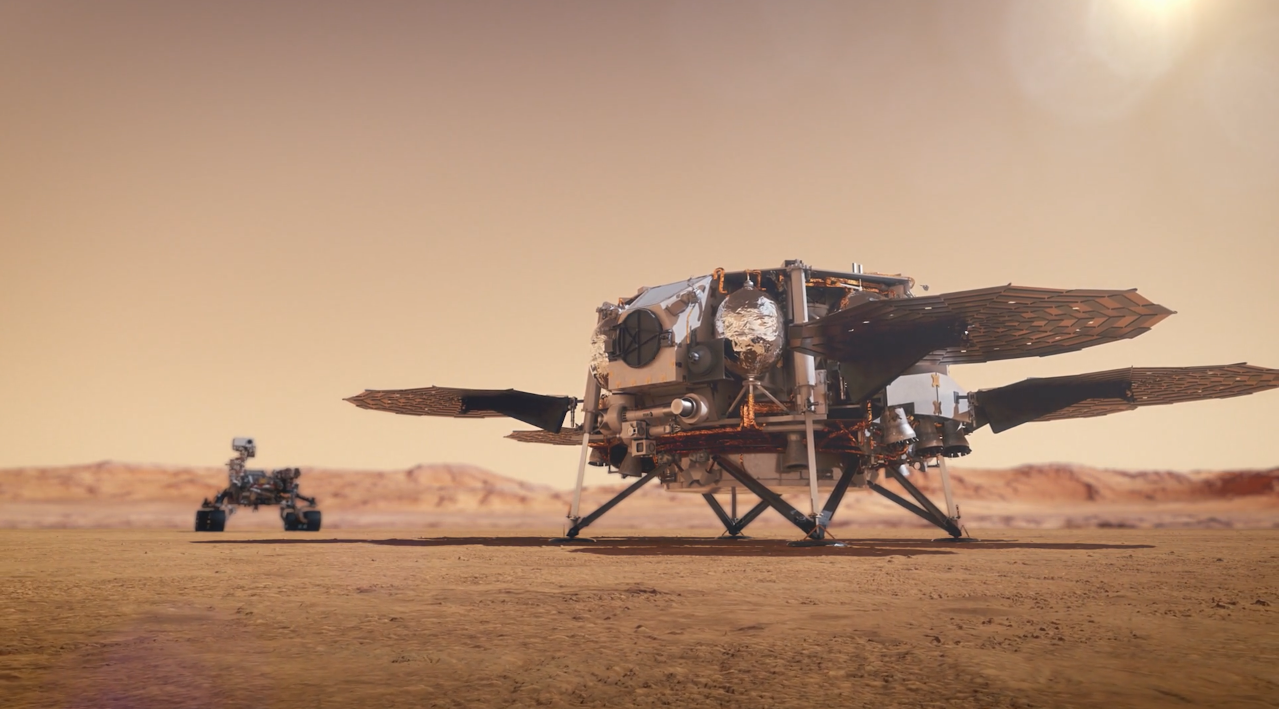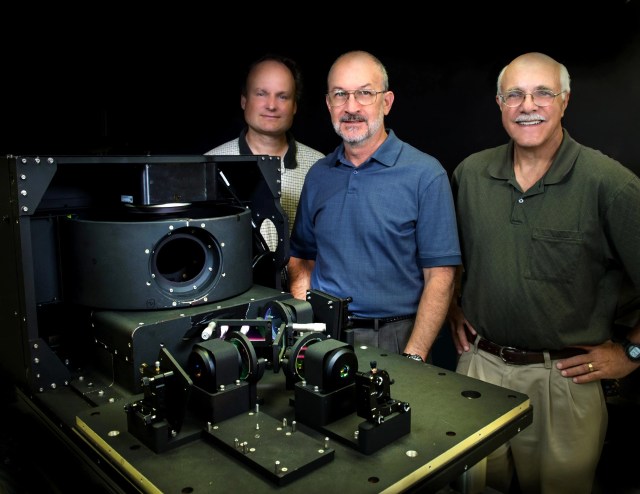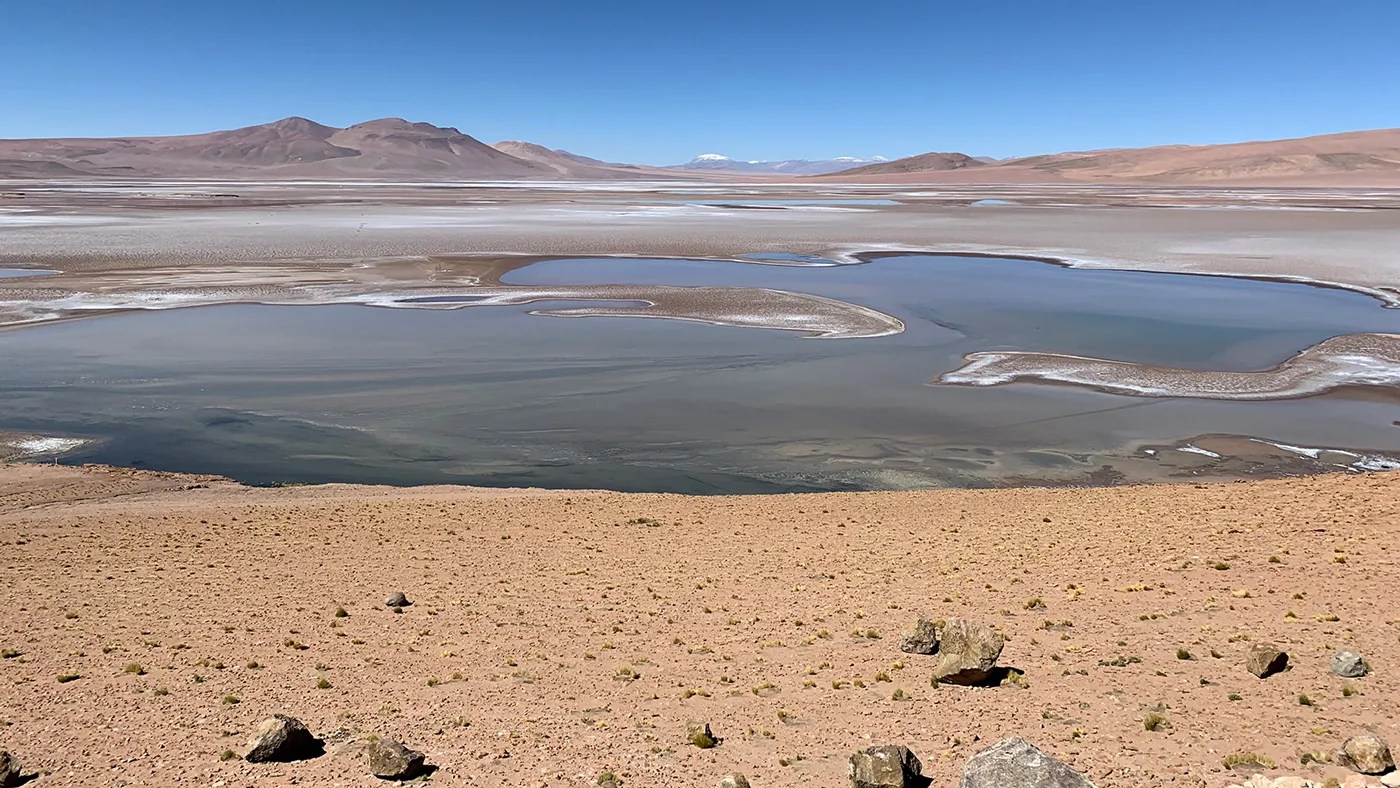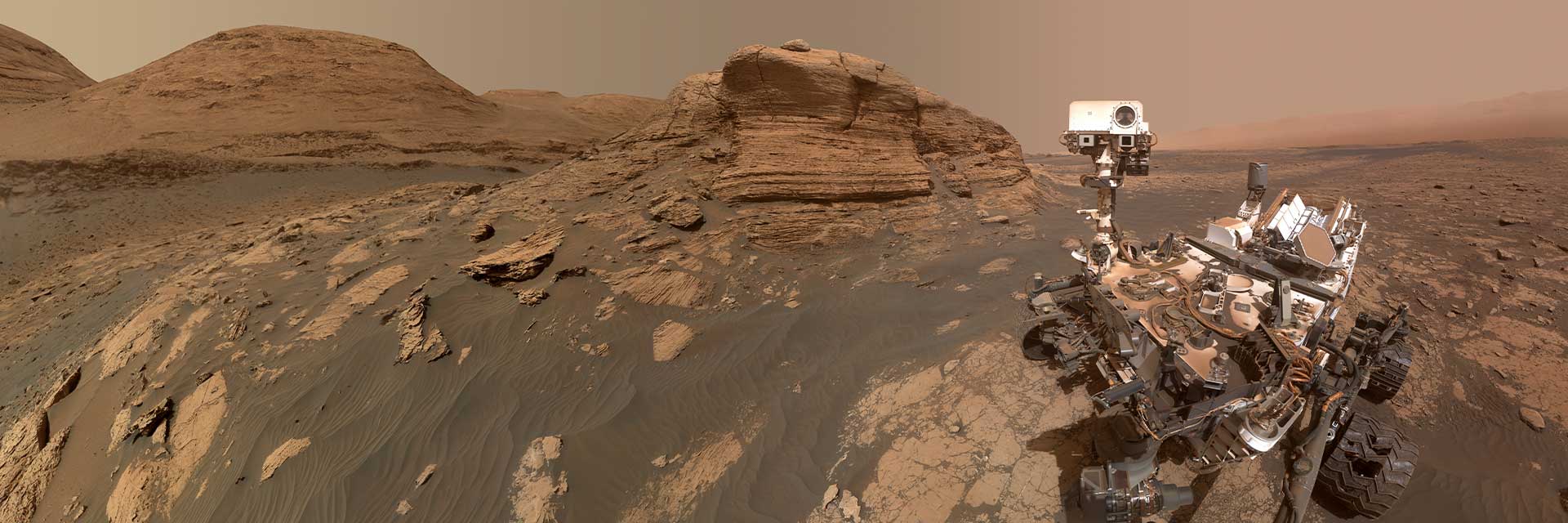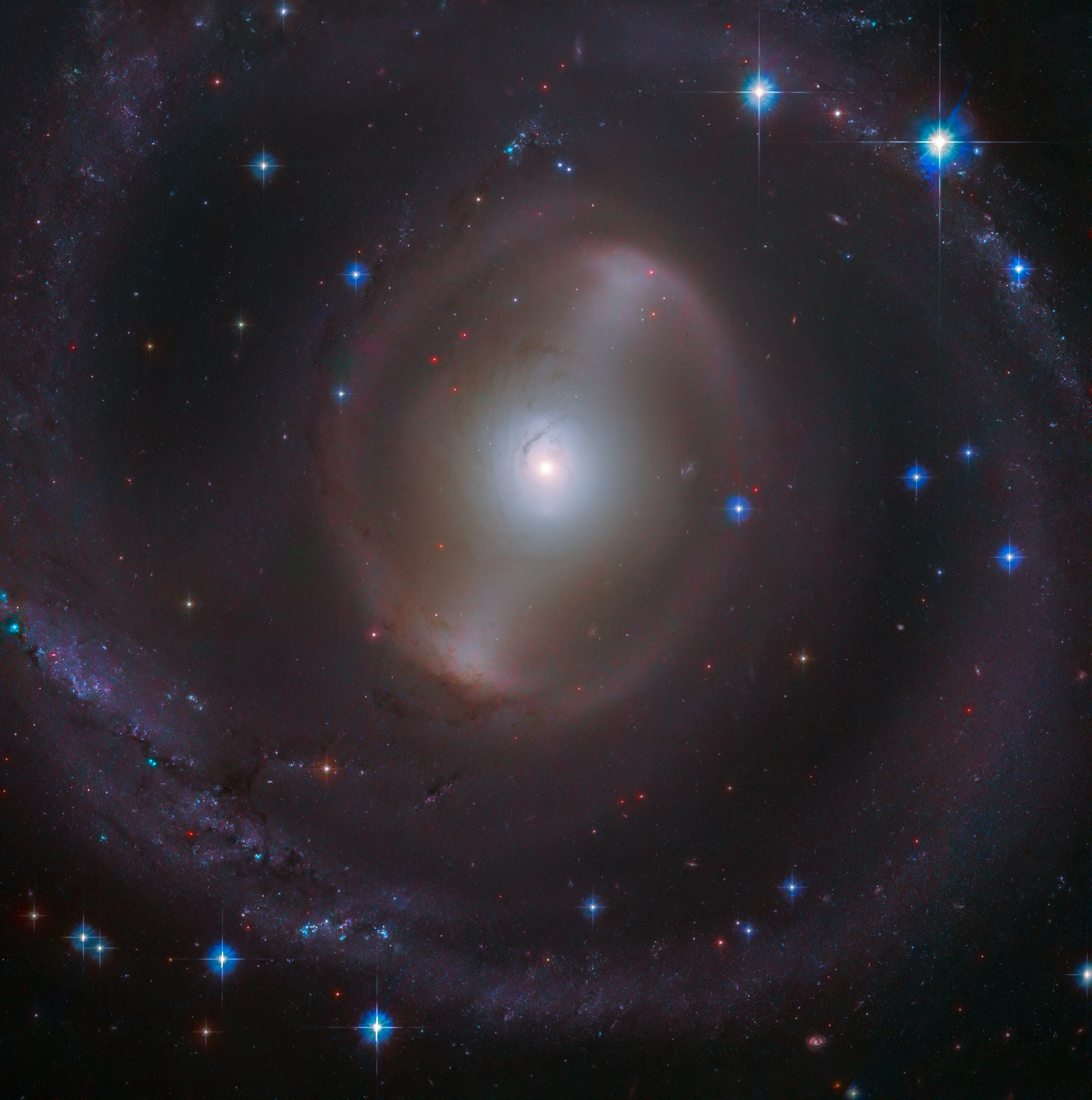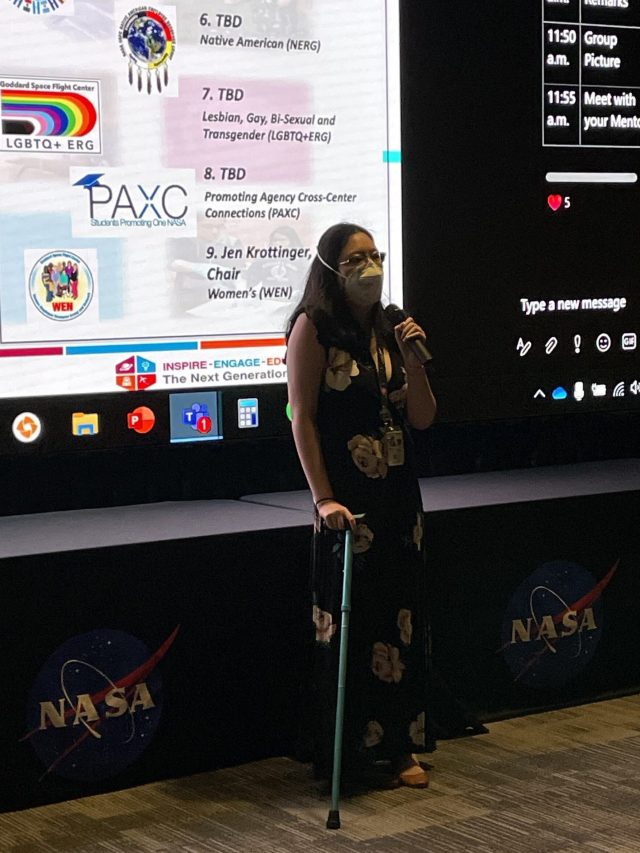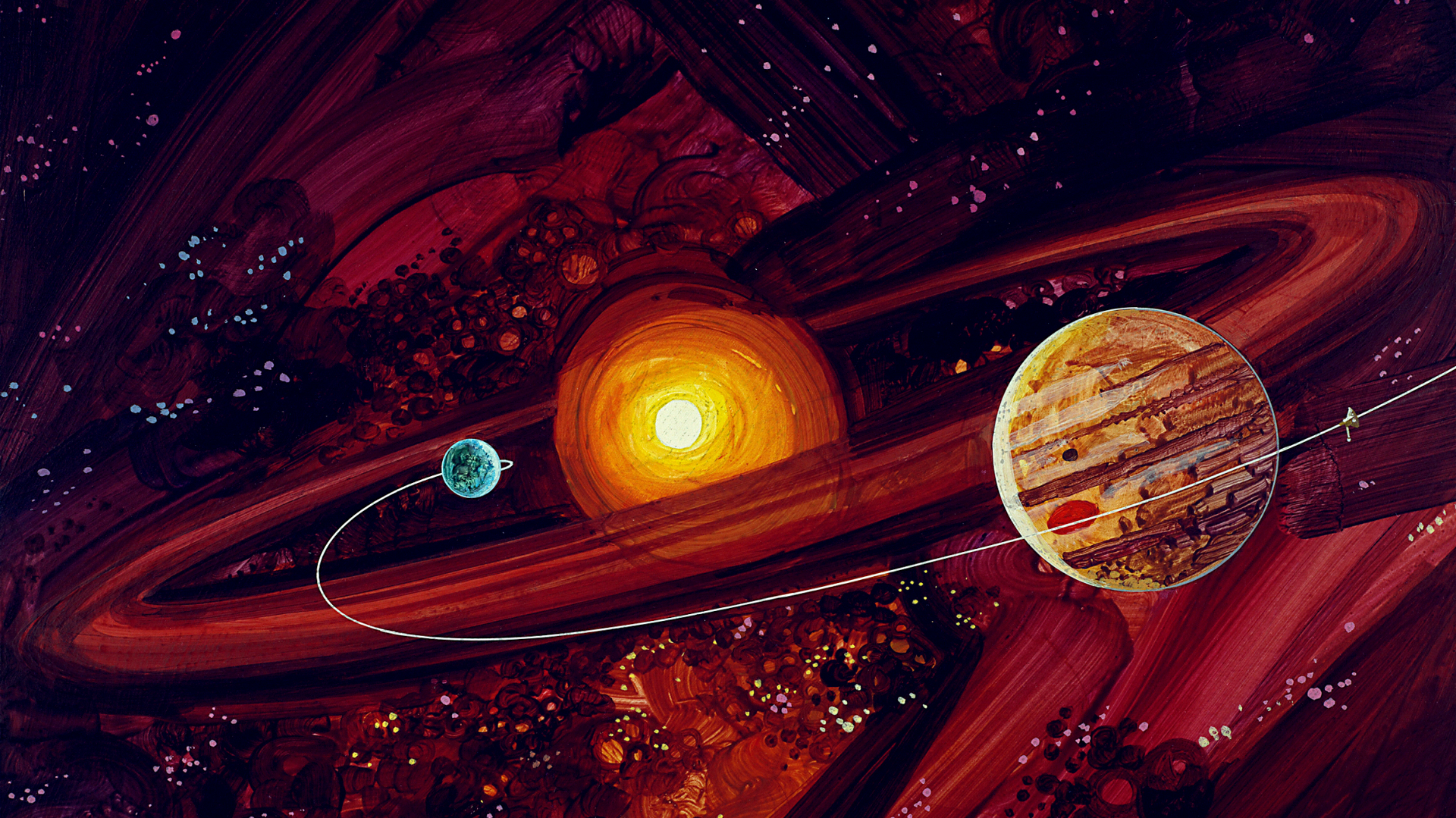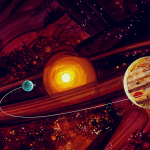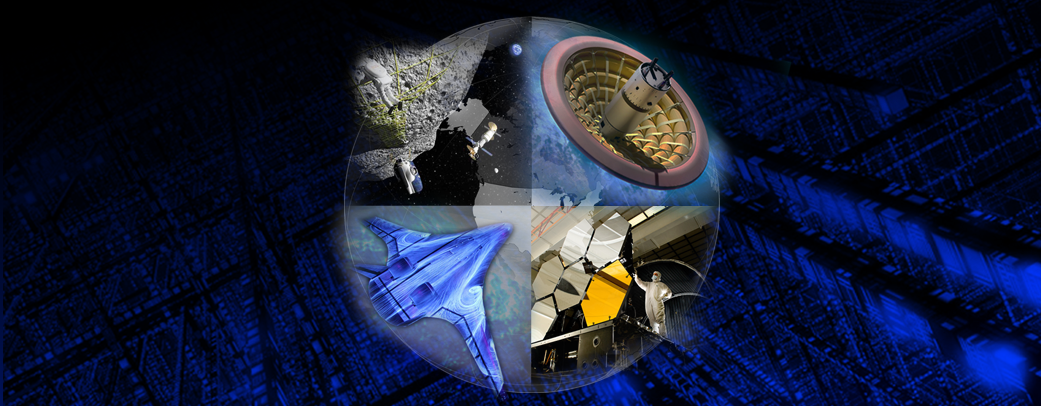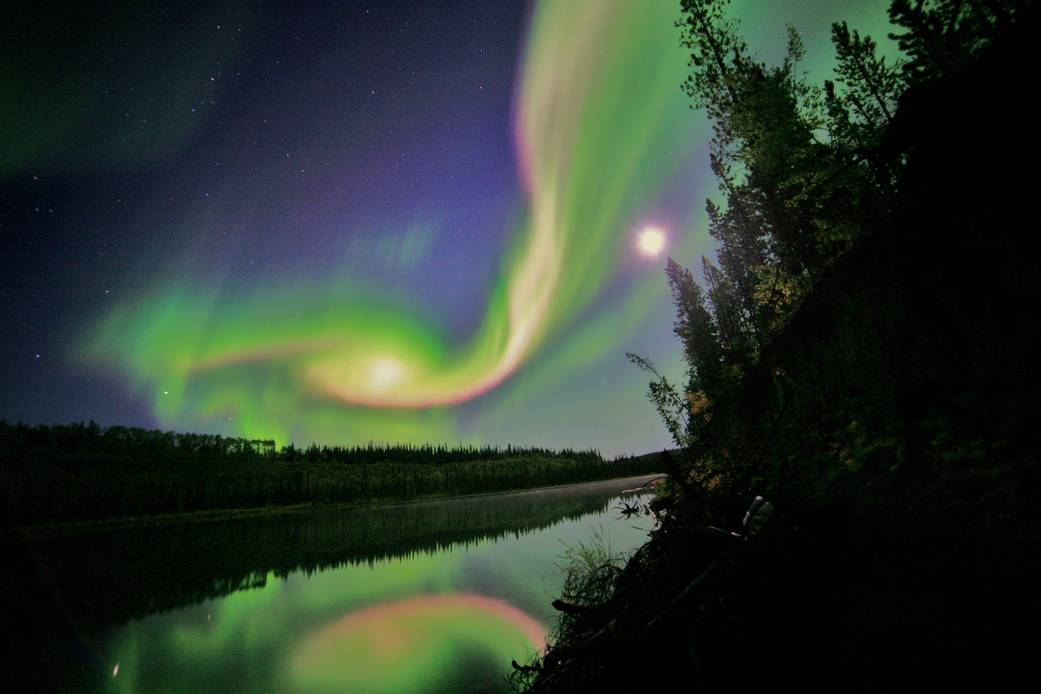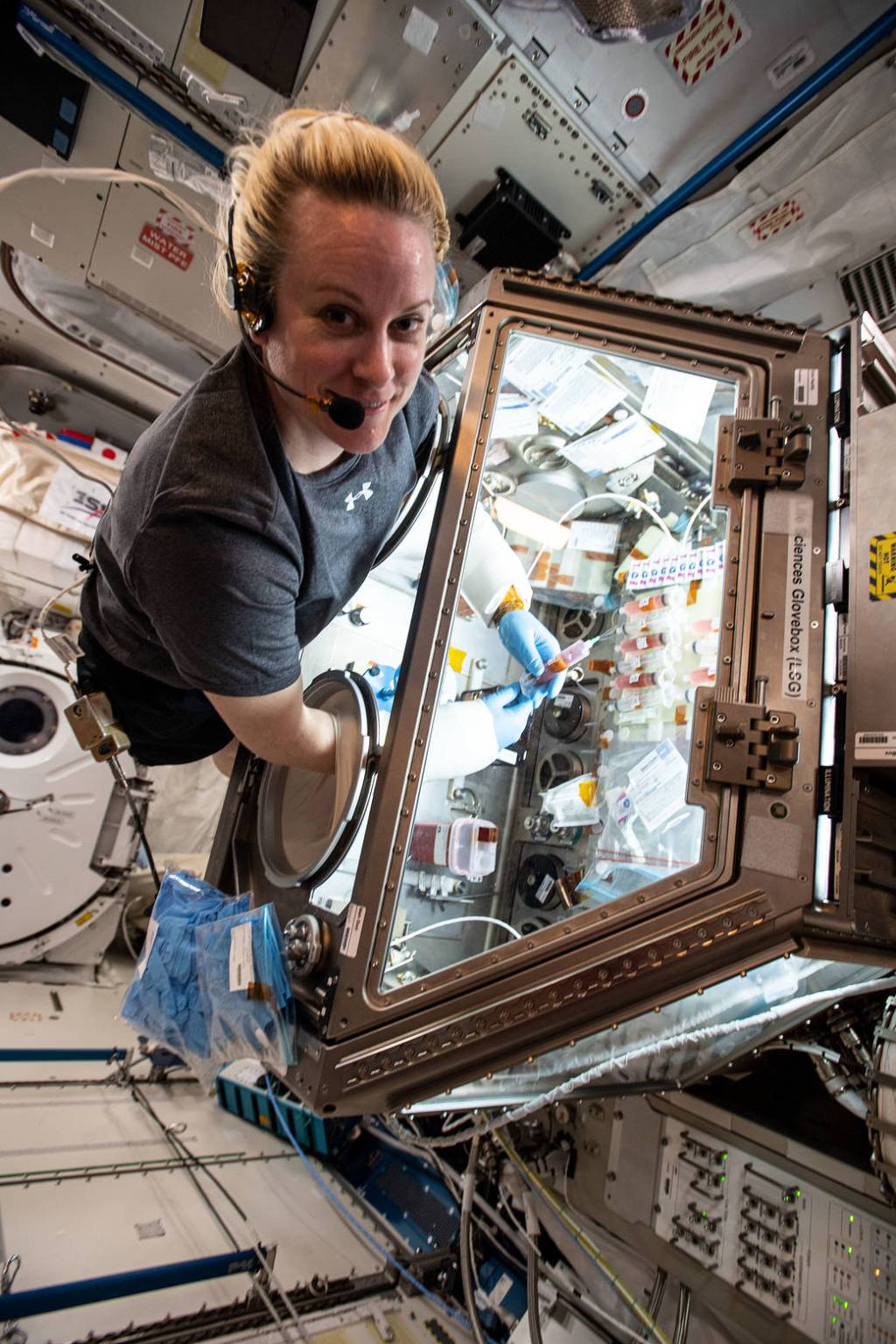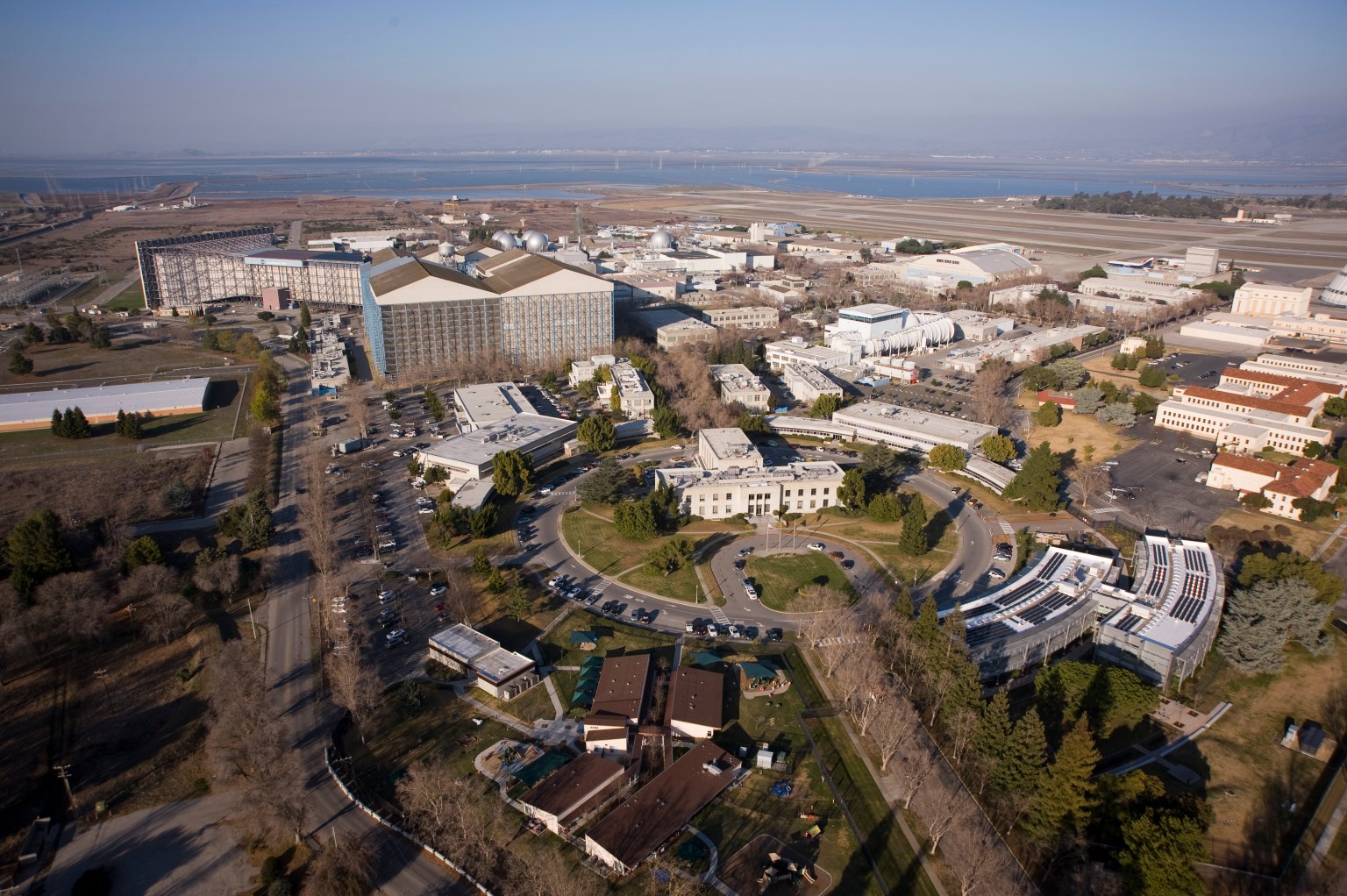The Ames Research Innovation Award (ARIA) promotes the vitality of Ames through strategic investments in scientific research, capabilities, and people. It encourages the development of new, high-risk/high return investigations that stress innovation, exploration, and/or interdisciplinary work. ARIA focuses on innovative or basic scientific research in areas that are relevant to Agency and Center goals, without necessarily being time to any specific future mission opportunity. ARIA proposals must be research oriented and are considered seedling funding for innovative/disruptive research that will enable next generation science and research.
Please join us in congratulating the FY23 ARIA awardees:
- Jessica Lee, “Characterization of the Biological Radiation Response across Thousands of Single Cells using Agent-based Modeling and Hydrogel Microencapsulation”
- April Ronca, “Maternal Pre-Conception Stress from Spaceflight Induces Intergenerational Neurodevelopmental Epigenetic Changes in Mice”
- Lynn Rothschild, “No Longer Inert: a Tunable Fungal Display Platform”
- Mary Beth Wilhelm, “Deconvolving the Martian Organic Abiotic Baseline: Experimentally Assessing the Effects of UV on Meteoritic Organics”
Past Ames Research Innovation Awards
FY21 ARIA Awardees
Please join us in congratulating the FY21 ARIA awardees:
- Egle Cekanaviciute, “Human Neuroimmune Responses to Simulated Spaceflight Stressors”
- Diana Gentry, “Constraints on Methanogenesis in a Europan Ocean Analog”
- Sigrid Reinsch, “RadBREAD: Radiation Biology Research at an Elevated Altitude through Dosimetry”
- Lynn Rothschild, “Understanding Amyloids to Prevent Biofilm Formation in Space”
- Marianne Sowa, “Neuro-signatures: Early Developmental Epigenomic, Transcriptomic, and Proteomic Alterations During Spaceflight in Drosophila Melanogaster“
- Pasquale Temi, “Addressing Weaknesses in the Science Case for the X-Ray Grating Spectrometer Mission Arcus”
- Mary Beth Wilhelm, “Mars’ Mud Volcanoes: Determining High-Priority Landing Sites to Search for Evidence of Life”
FY19 ARIA Awardees
Please join us in congratulating the FY19 ARIA awardees:
- Joshua Alwood, “Radioprotection: Translating Discoveries from Deinococcus Radiodurans”
- Sylvain Costes, “Organ-on-a-chip model of neurovascular responses to space radiation”
- Jonathan Galazka, “Hypergravity Effects on Chromatin Conformation and Nuclear Structure in Cultured Cells using High-throughput Sequencing”
- Ruth Globus, “Therapeutic stromal cells for health in space”
- Nikunj Oza, “Virtual Sensors for Air Quality Measurements in Urban Environments”
- Carol Stoker, “What Happens to Life in an Ocean World Plume?”
- Mary Beth Wilhelm, “Atmospheric Dispersal of Contamination Sourced from a Human Habitat on Mars”
FY18 ARIA Awardees
Please join us in congratulating the FY18 ARIA awardees:
- Thomas Bristow, “Measuring Air Pressure Using Wind-Blown Sand”
- Silvano Colombano, “A Genetic Algorithm-Based Bootstrapping Approach to Problem Encoding for Quantum Annealing Computation”
- Craig Everroad, “Bootstrapping the Bootstrap: New Approaches to Improve Biological Sequence Analysis”
- Jing Li, “Development of Atmospheric Noble Gas Abundance Sensor Using Electric Discharge Technique”
- Andrew Pohorille, “In Vitro Evolution of Biomolecular Devices in Cell-like Compartments: Studies on the Origin of Life Meet Synthetic Biology”
- Ted Roush, “Laboratory Assessment of Supercontinuum Laser (SCL) Spectrometer Performance for Remote Detection and Characterization of Lunar Volatiles”
- Carol Stoker, “What Happens to Life in an Ocean World Plume?”
- Mary Beth Wilhelm, “Miniaturization of Lipid Biomarker Extraction Techniques for Future Life Detection Missions”


